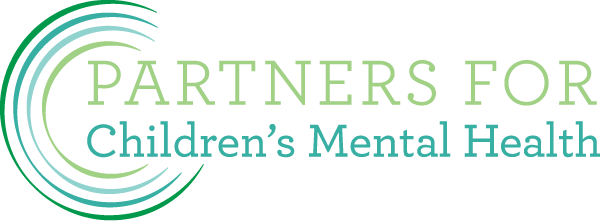Even before the added stress and disruption of the pandemic, many adolescents have experienced mental health issues. The C.S. Mott Children’s Hospital National Poll on Children’s Health in partnership with the Children’s Hospital Association asked a national sample of parents of children age 11-18 about their views and experiences with screening and care for mental health issues.
Almost all parents (95%) felt somewhat or very confident they would recognize a possible mental health issue in their adolescent. Parents report several signs that would prompt their concern, including frequent comments about being worried or anxious (65%), decreased interaction with family (63%), drop in grades (61%) or a change in sleep (53%) or eating patterns (49%).
If parents notice a possible mental health issue, most say their first response would be to talk with their adolescent (82%) or keep a closer eye on them (55%). Fewer parents’ first response would be to make an appointment with a healthcare provider (43%), check with their adolescent’s teacher about a problem at school (25%), or get advice from family or friends (13%).
One in four parents (25%) think their adolescent would definitely talk with a parent about a possible mental health issue, and about half (55%) think they would possibly do so. Parents report their adolescent’s primary care provider (PCP) asks about mental health concerns during all (41%) or some (22%) check-ups; 14% say the PCP never asks about mental health, 19% don’t know if the PCP asks, and 4% do not attend check-ups. Parents believe their adolescent would definitely (16%) or probably (57%) feel comfortable talking with their PCP about mental health concerns. One-third of parents (33%) report their adolescent has completed a mental health screening questionnaire at their PCP office.
More than one-quarter of parents (27%) report their adolescent has ever had a visit with a mental health specialist. Among those parents, 59% say the visit was within the past year. More parents say they decided on their own to have their adolescent see a mental health specialist (55%) than got a referral from their adolescent’s PCP (18%) or school (11%). Nearly half (46%) describe difficulties getting their adolescent care with a mental health specialist, including long waits for appointments (26%), finding a provider who took their insurance (15%) or saw children (13%), and knowing where to go (10%).
